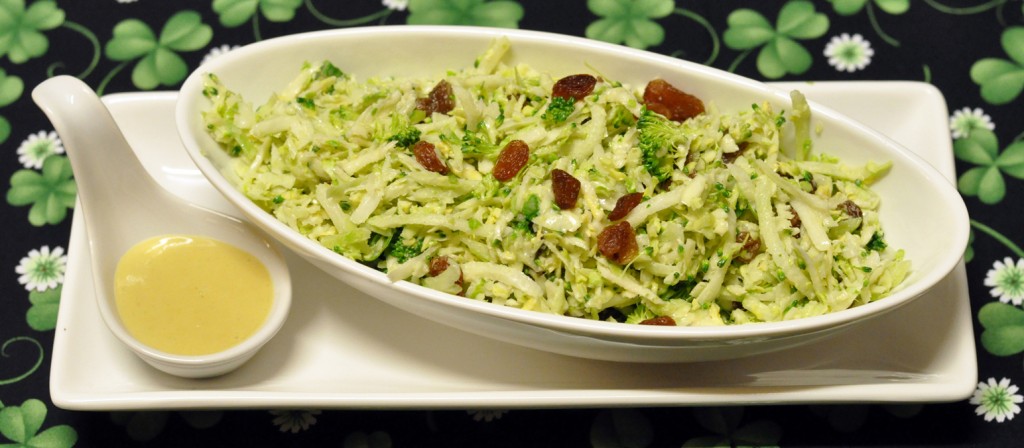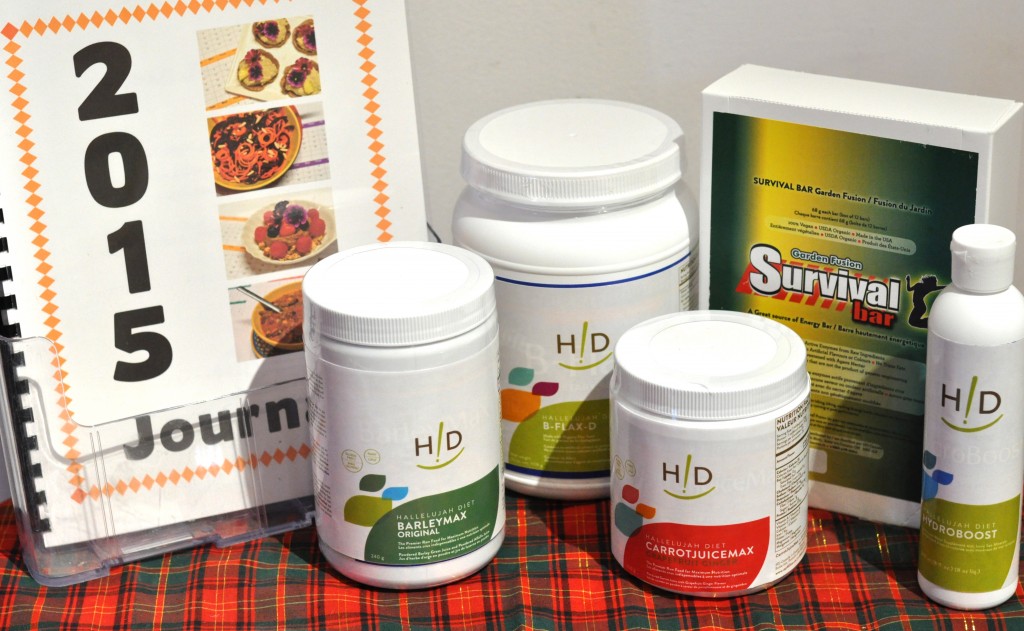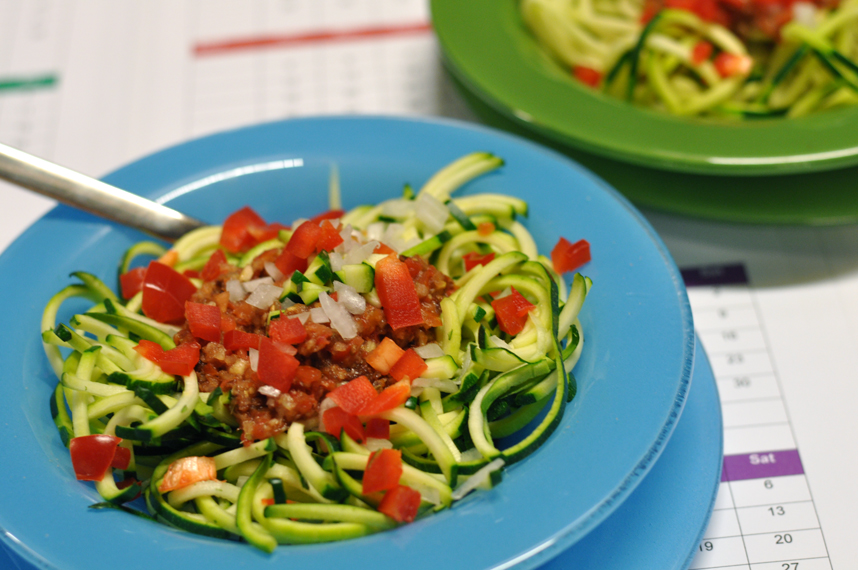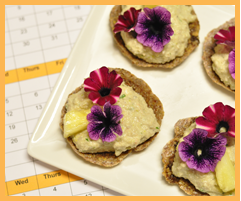
Issue #16 (Monthly Online Newsletter)
Health Quiz
During the year we have talked about the body in our “Better Living Healthy You” studying: The Brain, Heart, Bones, Muscles, Joints, Lungs, Digestive System, Sensory Organs, Liver and Kidney. This week I thought it would be good to review all of these topics and give you a quiz to see what we have learned.
Brain: The building where we go to work, school or live has a complex system of electrical wires that keep it in good working order. They control the power in the building. Our body has something like this, an organ that controls how our body works and without it we would not be able to do the normal things we do every day and take for granted. This control panel in our body is our brain.
Q: What are the parts of the brain and what do each do?
Heart: The heart shape is the symbol of love and courage but in your body it is the symbol of life! We can feel our heart beating or feel its pulse in our wrist so we are always aware of it unlike other organs in the body. It is our life because if it stops working we cannot live! If your heart is in good working order it is an awesome efficient machine.
Q: What is the main function of the heart?
Bones, Muscles, & Joints: The wood structure and nails define our house’s shape, anchor the walls, and shield the inside from the outside elements. Our bones and joints act the same way for our body. The human musculoskeletal system is an organ system that gives us the ability to move and provides form, support, stability, and movement to the body.
Q: What 4 things do our Bones do in the body? How do the Muscles work with our Bones and Joints?
Lungs: Our lungs are just as important to our body as our heating and air conditioning is to our homes. Our lungs are responsible for our body’s ventilation pulling air in and then out as we breathe.
Q: What other parts of the body work with the lungs and how do they help?
Digestive System: Our houses have an elaborate set of pipes from the toilets, the sinks, the showers and the outside sprinkler system to keep our homes working well. It is the same with our body’s set of pipes or our digestive system. The digestive system is a group of organs working together to convert food into energy and basic nutrients to feed the entire body.
Q: What is the digestive System responsible for?
Sensory Organs: Our senses, the eyes, the ears, and the skin allow us to see, hear and touch the world around us. They gather information from the outside world so that our brain can process this information and use it as we see fit to enhance our world. Our other organs, such as the brain and heart work so that we can live. But our senses are responsible for the quality of enjoyment we have.
Q: What do each of these organs do?
Liver: Our liver is important because every nutrient we ingest is processed through the liver so it can be transformed into a different biochemical form for use by the body. Without this transformation the body cannot utilize the nutrients. This organ does a very important job in the body and it is the only internal organ that can regenerate itself.
Q: What are the 3 main functions of the liver?
Kidney: Our kidneys are bean-shaped organs, each about the size of a fist. They are located near the middle of our back, just below the rib cage. There are two kidneys one is on each side of the spine.
Q: What roles do the kidneys have in our body?
So let’s keep reading to find the answers.
Brain:
The cerebrum is the thinking part of the brain and it controls your voluntary muscles — the ones that move when you want them to. The Cerebellum is the basic working unit of the brain, a specialized cell designed to transmit information to other nerve cells, muscle, or gland cells. The stem connects the rest of the brain to the spinal cord and is in charge of all our functions that keep us alive; like breathing, digestion of food, sleeping, our heart rate and blood circulation. So, the brain stem controls our involuntary muscles that work automatically without even thinking. The Pituitary Gland’s job is to release hormones that allow us to grow and it has a big role in puberty. It helps to keep our metabolism going. And this is all allowed to work by the Nervous System, which allows the spinal cord and the nerves to work together so messages flow between the brain and the body.
Heart:
Your heart pumps blood to every part of your body, to your brain so you can think; to your digestive system so you can process food; to your muscles so you can lift a child and to your sex organs so you can create a child. Each heartbeat pushes blood along a one-way path, through narrow arteries leading away from the heart, across the intricate networks of capillary beds in tissues, and into veins that eventually return the blood to the heart.
Bones, Muscles & Joints:
The bones provide stability to the body and their primary functions are:
- they act as protection for our other vital organs (they are like a suit of armor)
- they store minerals such as calcium and magnesium (our bones manage the level of our mineral balance; if these minerals are high they are stored in the bones but if it is low they will be withdrawn from the bones for use in the body as needed)
- they enable us to move acting as levers arms
- they produce the blood cells and stem cells our body needs
The muscles keep bones in place and also play a role in movement of the bones. Muscles contract (bunch up) to move the bones. The joints connect different bones allowing motion. These joints are structures that connect the individual bones and allow them to move with each other to cause movement. The joint is made up of ligaments and cartilage keeping the joint lubricated so it can move smoothly.
Lungs:
Our nose and mouth act as the parts of the body that actually helps us to get the air into our body. Just like in our homes we have vents that keep larger pieces of debris out of our ventilation system, the nose acts as our body’s vents or air filters. Small particles or toxins can manage to get into your lungs causing problems. So when these bacteria, viruses and other particles make it into your lungs you are equipped with natural defenses that help you to sneeze, cough or blow them out. The windpipe (trachea) takes the inhaled air we breathe and passes it through the branches (bronchi) that are then divided into smaller branches (bronchioles) into the lungs. The bronchioles end in microscopic clusters of air sacs (alveoli) that then take the air where it is absorbed into the blood. Then in reverse the carbon dioxide, which is a waste product of metabolism, travels from the blood to the alveoli where it can be breathed out.
Digestive System:
The digestive system is responsible for taking whole foods and turning them into energy and nutrients to allow the body to function, grow, and repair itself. The primary processes of the digestive system include:
- Ingestion of food
- Secretion of fluids and digestive enzymes
- Mixing and movement of food and waste through the body
- Digestion of food into smaller pieces
- Absorption of nutrients
- Excretion of wastes
Sensory Organs:
The eye takes information from the outside and processes it through the brain. This information goes through the cornea to the iris that regulates the amount of light that will go through to the retina. The cornea and lens filters the light to form an upside-down picture of what you see on the back surface of the eye (the retina) and is then sent through the optic nerve to your brain so that you know what you are seeing. The ears allow our brains to help us make decisions on our actions as a result of what we hear. Our skin has many functions: It acts as a protective covering shielding us from infection as it helps us develop and heal. Also it sends important signals to our brain – if we touch something hot it hurts so we know to move our skin away
Liver:
All of our blood passes through the small intestines then flows through our portal vein into the liver where it does its work. The 3 main functions of the liver are: it helps to digest our food (breaks down the nutrients); it makes protein and it gets rid of toxins. The liver makes protein and stores glucose, vitamin B12, and iron. It helps the body to process all the food we eat to get the nutrients for our body’s use by processing the carbohydrates, protein and fat into glucose that can then be used by the body.
Kidney:
The main roles of the kidneys: removing waste products from the body, keeping toxins from building up in the bloodstream; producing hormones that control other body functions (regulating blood pressure & producing red blood cells); and regulating the levels of minerals or electrolytes (e.g., sodium, calcium, and potassium) and fluid in the body.
Favourite Recipes of 2014: Brussels’ Slaw with a Honey Horse Radish Dressing
The Salad: serves 2
Put the following into a large salad bowl:
- 12 Brussels sprouts (that have been shredded using a food processor)
- 2 cups green cabbage (that has been shredded)
- 1 cup finely chopped broccoli florets
- ½ cup organic raisins
Toss with the following dressing and serve cold.
The Dressing: makes 1 cup
Put the following ingredients in your blender and blend until creamy:
- ⅓ cup apple cider vinegar
- ⅓ cup olive oil
- 1 tbsp horse radish
- 1 tbsp organic stone ground mustard
- 2 tsp honey
- 1 clove garlic
Both the salad and dressing keep well in the fridge for 2-3 days.
Find this salad and more in Judy Fleming’s Recipe Book Salads & Dressings Made Easy. This book features 52 different salads and dressings for easy meals! It is important to make salads from an assortment of raw fresh greens, vegetables, fruits, nuts & seeds. Select dark leafy greens such as romaine, arugula, spinach, parsley, bok choy and cabbage. Add at least 3-4 other fresh raw veggies, some nuts or seeds and dried fruits. Then toss it all with a fresh raw dressing.
Call to order your copy for $24.99 today 1.866.478.2224
Christmas Gift Box
This gift box includes the following products:
- BarleyMax 8.5oz (Your choice of Original, Berry, Mint or Alfalfa Free)
- CarrotJuiceMax (Your choice of Original or Grapefruit Ginger)
- B-Flax-D
- Hydroboost
- Survival Bar Box of 12 (Your choice of any of the 6 flavours)
- 2015 Journal
Regular Price $258.58 on sale for $198.98 (already includes the price of taxes and shipping)*
That’s a savings of $60!
Call 1.866.478.2224 to order your gift box today! Available for purchase until December 19th.
*Cannot be combined with any other specials
Do you want to receive your package before Christmas?
Canada Post shipping guarantees the following for Christmas orders:
Ontario Customers: Order by December 19th and get it by Christmas!
Anywhere else in Canada: Order by December 10th and get it by Christmas!
2015 Journal
There are many articles that tell us journaling might have a positive impact on our health. At the University of Texas a psychologist and researcher James Pennebaker contends that regular journaling strengthens immune cells, called T-lymphocytes. The act of writing accesses your left brain, which is analytical and rational. While your left brain is occupied, your right brain is free to create, intuit and feel. So writing may help you to understand yourself and others better.
I believe all of this but I firmly believe we should write down the positive things in our day rather than focusing on the stressful happenings or the negative.
Journaling can also help with planning for your next day, week, month and year. Remember that plans can change sometimes because you realize some things are more important than others and circumstances change; you need to be able to adapt. Another benefit of making list besides keeping you on track is that it gives you a sense of accomplishment when you get to cross off the completed tasks on your list.
Introduction price $24.95 Call to order your copy today 1.866.478.2224
So that is why I have given you plenty of room for:
- Weekly planning pages that you can keep track of your time
- Monthly planning pages
- Quarterly planning lists
- 60 Pages of coloured photos of recipes and over 90 recipes in total
- Menu plans and grocery lists (these will help you to stay on track with a better diet like we have with the Hallelujah Diet)
- The Best of Judy’s Healthy Thoughts
- Tidbits of interesting information about our world today
- Important dates page
- Pages for your phone number of family & friends
- Extra “Things to Do” pages
- Pages for Planning 2016






